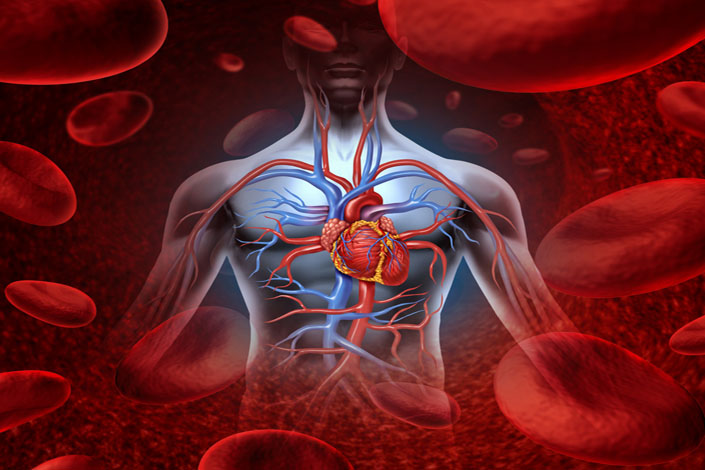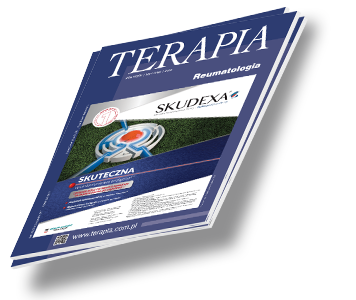Nadciśnienie tętnicze i zaburzenia lipidowe Terapia 2020, 10 ( 393 ) : 4 - 17
Hipokaliemia u chorych na nadciśnienie tętnicze
Hypokalemia in patients with arterial hypertension
Hypokalemia is defined usually as a reduction of plasma potassium concentration below 3.5 mmol/l. Hypokalemia is predominantly caused by the use of thiazide and thiazide-like diuretics, loop diuretics, primary hyperaldosteronism, or the consumption of licorice-containing products. The mechanism leading to hypokalemia in these clinical conditions is an excessive loss of potassium in the urine.
In order to reduce the risk of hypokalemia and its complications, patients should be informed of their symptoms and the plasma potassium concentration should be monitored in all patients with increased risk of hypokalemia.
Hipokaliemią określa się zazwyczaj zmniejszenie stężenia potasu w osoczu poniżej 3,5 mmol/l. Stanowi najczęściej powikłanie stosowania tiazydowych i tiazydopodobnych leków moczopędnych, pętlowych leków moczopędnych, hiperaldosteronizmu pierwotnego, a także spożywania produktów zawierających lukrecję. Mechanizmem prowadzącym do hipokaliemii w wyżej wymienionych sytuacjach jest nadmierna utrata potasu z moczem.

Zaloguj się i przeczytaj bezpłatnie całą treść artykułu.
Nie masz jeszcze konta dostępowego?
Zarejestruj się bezpłatnie, a otrzymasz:
* dostęp do wszystkich doniesień oraz pełnych tekstów artykułów naukowych w naszej Czytelni,
* prawo do bezpłatnego otrzymywania newslettera "Aktualności TERAPIA" z przeglądem interesujących i przydatnych wiadomości ze świata medycyny oraz systemu ochrony zdrowia w Polsce i na świecie,
* możliwość komentowania bieżących wydarzeń oraz udziału w ciekawych quizach i konkursach.
Zapraszamy serdecznie, dołącz do naszej społeczności.



Dodaj komentarz